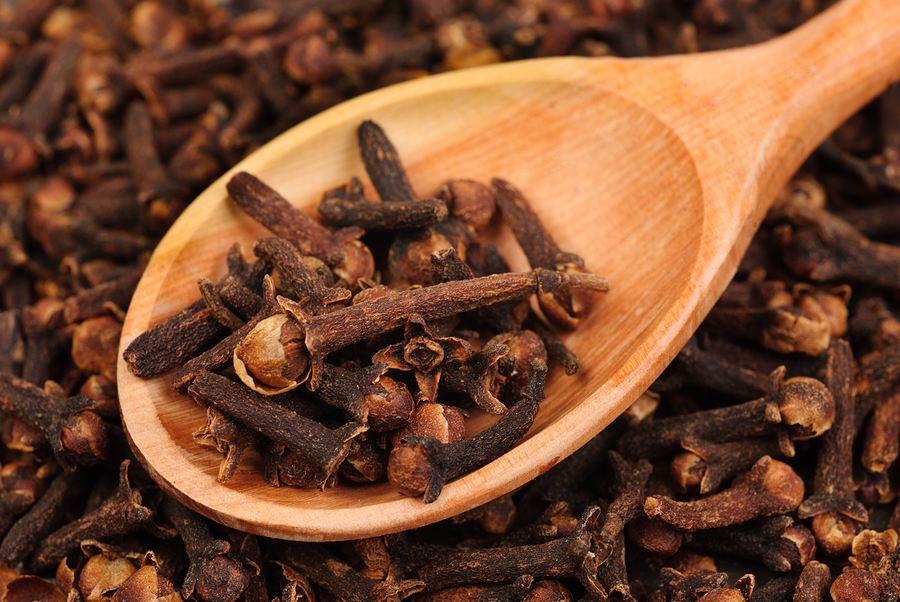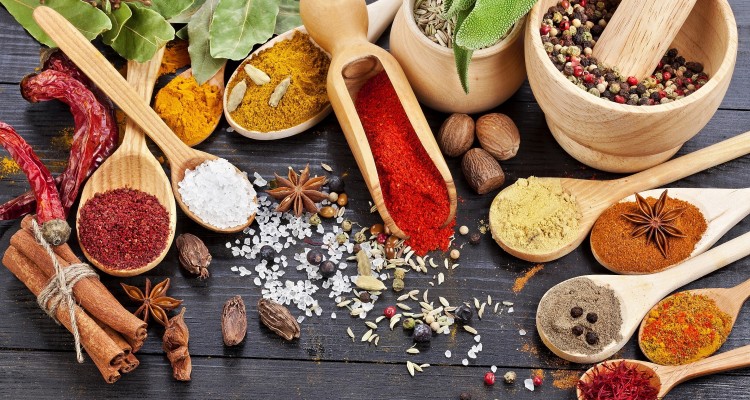You may have already spotted that I try to incorporate plenty of herbs and spices into my recipes, and cinnamon, garlic, ginger, pepper, turmeric and parsley are amongst my faves. They not only add a whole load of flavour to recipes, they also reduce the need for extra fat, sugar or salt to be added. Many are also thought to have some impressive health benefits…
In India’s Ayurvedic medicine, ‘Agni’ is the digestive fire that digests your food. According to this system, all diseases originate with a weak digestive fire. When weakened, it can’t function properly, so warming foods are eaten to fan the digestive flames. These include aromatic spices like cardamom, cumin and ginger. Similarly, Traditional Chinese Medicine treats weakened ‘Spleen Qi’ and symptoms like indigestion and poor energy with warming ginger and cinnamon.
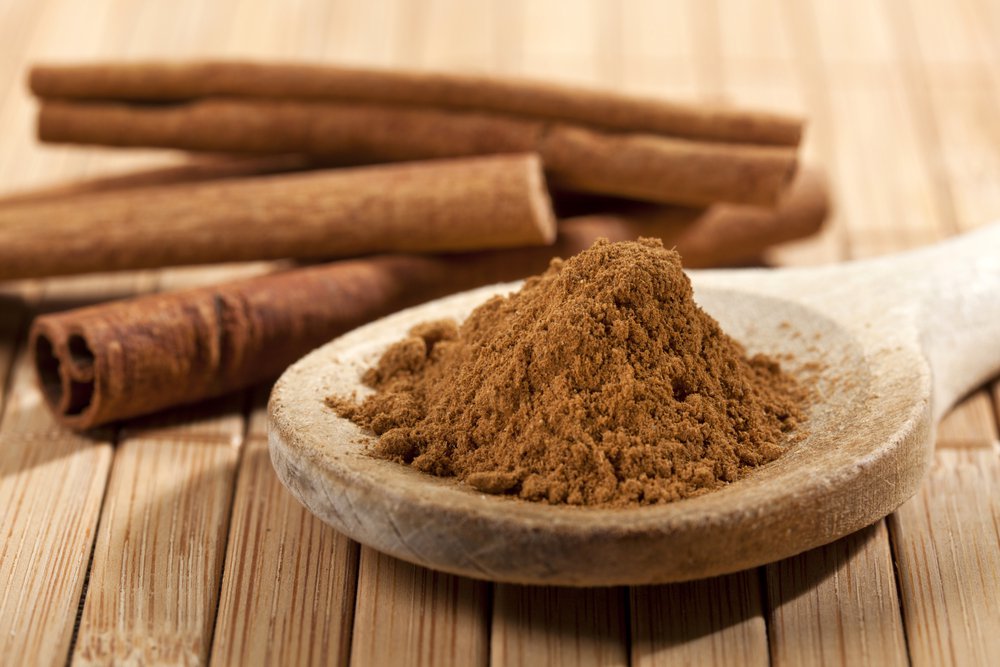
There is also scientific evidence for their usage, with studies proving that spices like ginger and pepper increase the availability of antioxidants to your body.
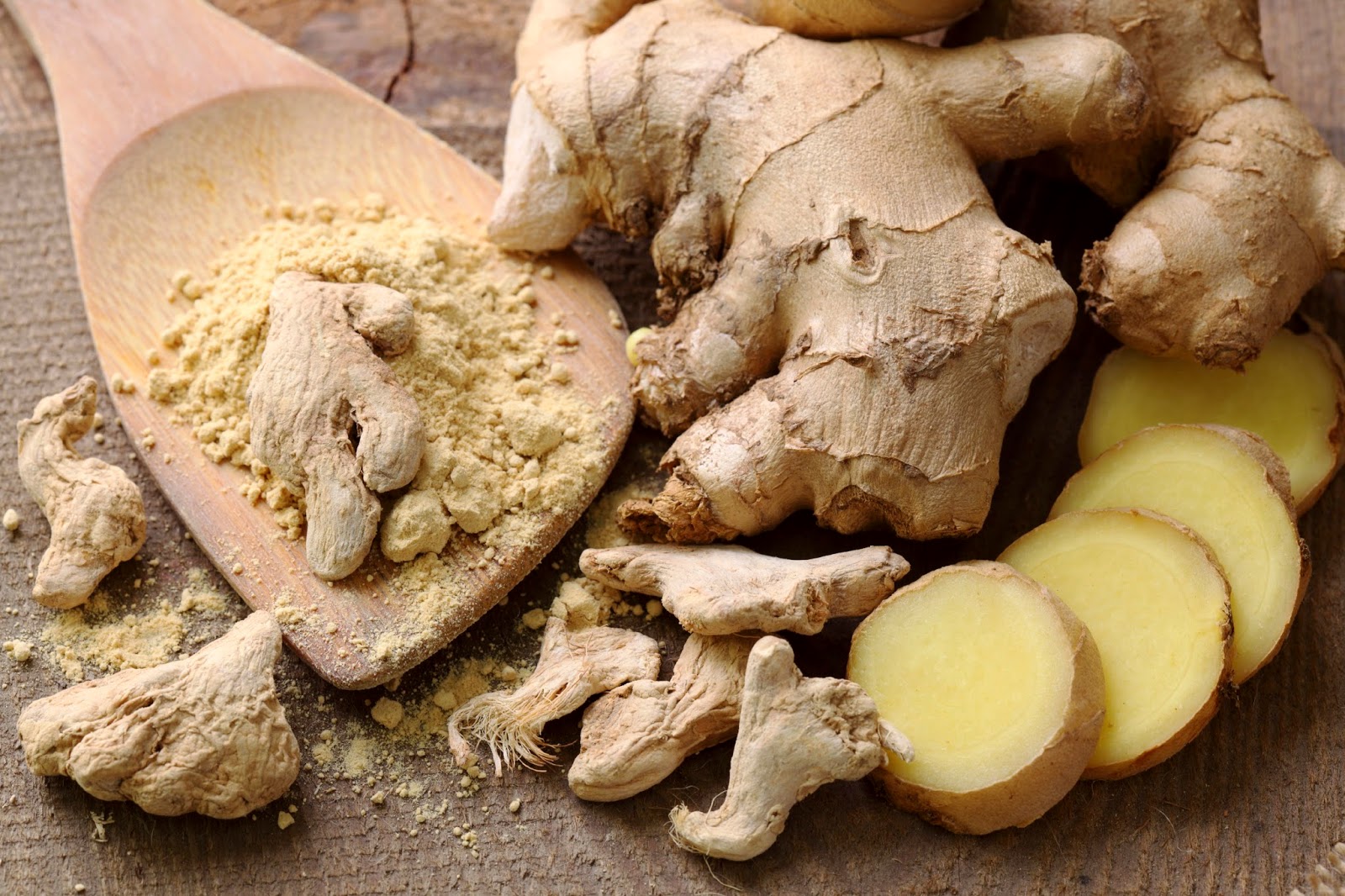 This is a selection of my favourites and why they can be so beneficial to add to your food regularly:
This is a selection of my favourites and why they can be so beneficial to add to your food regularly:
Sage: This herb has antimicrobial and antibiotic properties. It can help to heal throat infections, reduce menopausal hot flushes and improve poor memory and concentration.
Rosemary: This stimulates our circulatory system, protects the liver and has antioxidant and anti-microbial properties. It helps to reduce bloating and excess gas, poor circulation, improves liver detoxification and mental abilities.
Fennel: This helps to prevent gas and bloating, and also stimulates lactation. It’s often eaten by nursing mothers to improve cases of colic in their babies.
Cayenne Pepper: This spice is used to boost our metabolism and circulation, warm cold extremities and improve blood blow.
Parsley: Used as a diuretic to remove gas, bloating, water retention and as a powerful antioxidant, rich in vitamins C, K and many minerals.
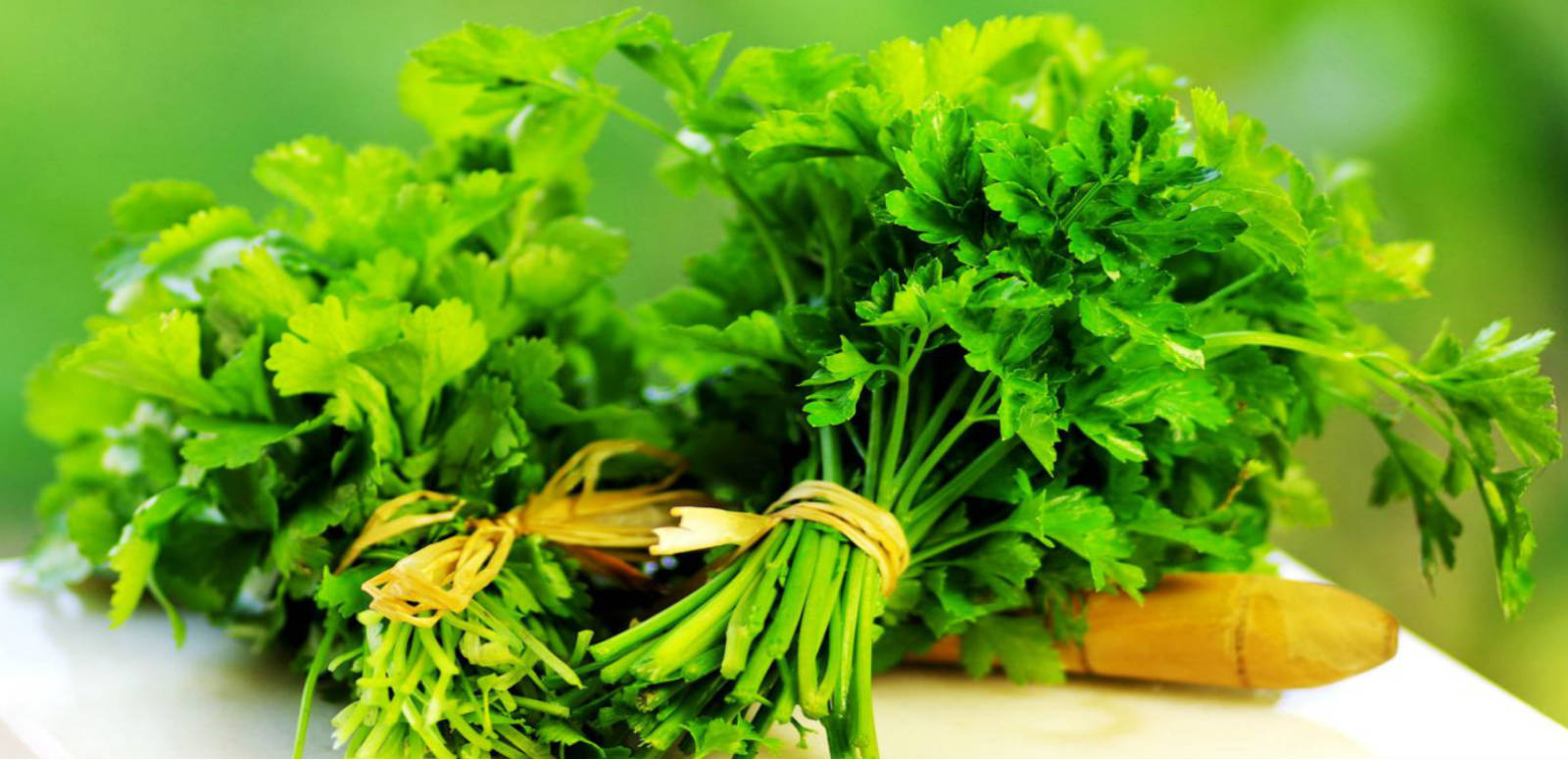
Cinnamon: One of my favourite flavours and wonderful in chilly weather! It stimulates our circulatory system, improves the metabolism of sugar, reduces bloating and gas, and boosts digestion.
Peppermint: Another favourite herb, especially as peppermint tea. Again this reduces gas and bloating, is anti-microbial, has mildly sedative effects and reduces nausea and morning sickness. It really helps to settle an upset stomach.
Mustard: Most of us will be familiar with this condiment, which helps to boost poor circulation and to stimulate digestion.
Pepper: Another commonly used spice, pepper also improves poor circulation and weak digestion. It increases the availability of nutrients from foods and other spices, especially turmeric.
Garlic: Good old garlic! This is one of the world’s most frequently used health supplements and oldest medicinal herbs, with remains discovered in caves lived in by humans ten thousand years ago. The very first garlic prescription can be dated back to a Sumerian clay tablet from 3,000 BC. The important chemical in garlic is alliin, which is converted to allicin by way of alliinase. Allisnase is activated by air and denatured by heat, so chopping raw garlic and leaving it in the air for a few minutes before consuming it is the best way to avail of it’s healing properties. Garlic helps to lower blood pressure, reduces high levels of triglycerides and cholesterol in the blood, thins out blood, removes mucus from the lungs, acts as an anti-inflammatory, antioxidant, anti fungal and anti-parasite. It helps to alleviate the common cold, chest infections, sinus problems, hay fever and fungal infections. It’s truly a health and beauty superstar, and a food ingredient I would encourage everyone to get creative with. If everybody in the household is eating it, then nobody can complain about garlic breath!
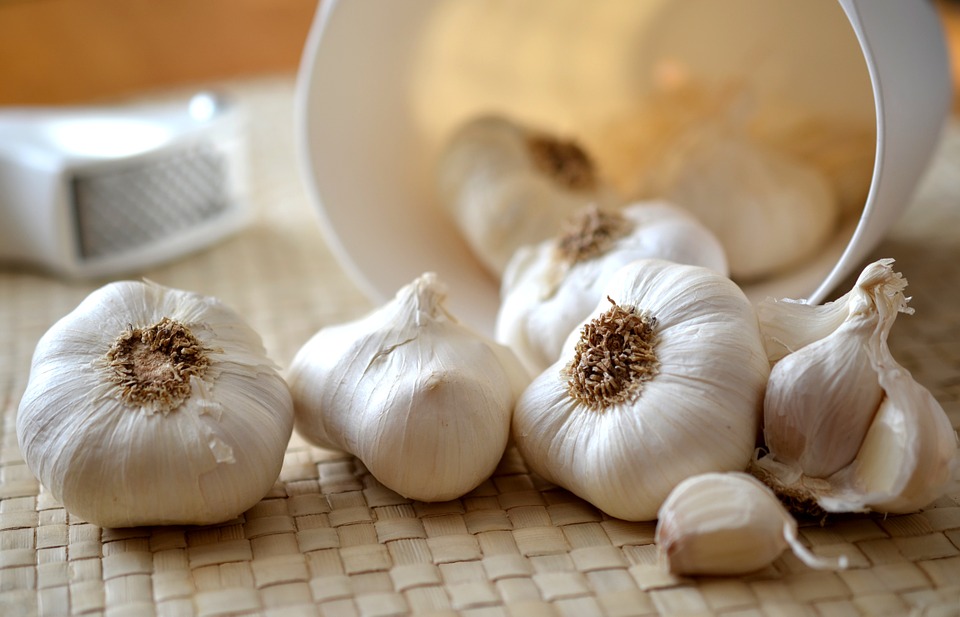
Turmeric: This is another incredible spice to include in as many meals as possible, for its powerful anti-inflammatory properties. It’s also an antioxidant, reduces high cholesterol, thins blood and boost liver and digestive health.
Ginger: I use a lot of fresh root ginger in smoothies, curries, Indian-inspired meals, marinades, salad dressings and with lemon to make immune-boosting tea. It’s known for its anti-inflammatory and digestive health benefits, for improving poor circulation, reducing bloating and easing nausea, bloating and abdominal discomfort.
Thyme: Containing essential oils thymol and carvacrol, thyme is an antioxidant, anti-parasitic, anti-fungal and antimicrobial herb, which is also effective for clearing mucus from the lungs. It’s used to ease chest infections, coughs, bronchitis and bronchial asthma, as well as gastritis, diarrhoea and even bad breath! Thyme is delicious baked with veggies, and can be used as a steam inhalation to help decongest our nasal passages too.
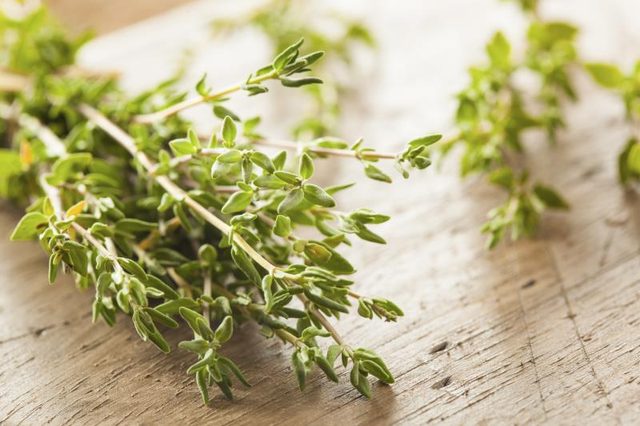
Cardamom: This is another delicious spice to use in cooking warming curries, and I even pop a cardamom pod in with brown rice to infuse it with its aromatic flavour. It also works amazingly well in hot chocolate! It helps to reduce gas, bloating, irritable bowel syndrome and that heavy feeling we can sometimes get after a large meal.
Oregano: Often used in tomato sauces, on pizza and roast with vegetables, this is a powerful antioxidant, antimicrobial, anti-parasite and helps to reduce nausea. It’s used to alleviate gas, bloating, digestive imbalance, fungal infections and chest infections. Oregano oil is recommended for fighting candida.
Cloves: One of my favourite festive spices, it evokes nostalgic memories of family Christmas dinners! Cloves aren’t just or mulled wine, they’re also a wonderful antiseptic and antimicrobial spice used to reduce nausea, gas, bloating and applied topically for toothache.
